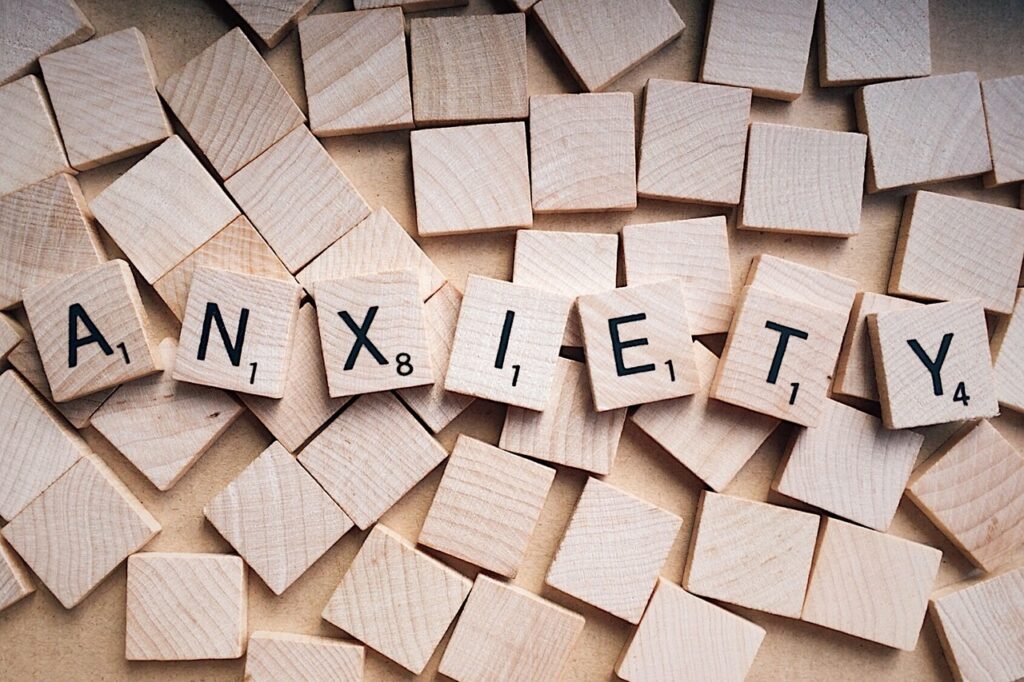
Im just fed up , Im tired of feeling anxious it’s exhausting ! , I just cannot get rid of it , that got me thinking, and you know I don’t like to think , it taxes my tiny brain . What if Ive got used to being anxious , like people get used to having two glasses of wine after work ?
Im not sure Im explaining it right , let’s try this …when I was younger , my mind and body did what it could to help me survive my trauma . At that time , it was probably the right reaction , however over the years that has become the wrong reaction . Im not in that trauma anymore , but my mind and body is still acting in the same way , what Id like to know is , could part of this just be a learned habit ?.
Sometimes I think my ( often daily if I’m truthful) stop off at a major coffee chain is addictive , If I miss a day , I feel a bit uneasy about it and feel a bit lost . Funny thing happened in there yesterday , they were training a new female member of staff , a man walked in and I a noticed the also female manager give the trainee a nod. the Trainee started chatting to the customer asking about his day and that led to questions about her being new and it ending with him saying he will update her on something they talked about on his next visit. He was a takeaway customer , once he had gone , the manager came over and congratulated the trainee on passing her ” connections test” . She had made a connection with a customer and driven a repeat sale , now Im wondering if when they ask me about my day in there, am I just a “connection ” to be nurtured for repeat sales? I might break my habit of going in there if thats the case……
Back to the point …….anxiety as an addiction.
Research has shown that individuals experiencing anxiety may develop maladaptive coping strategies that inadvertently lead to a cycle of increased anxiety. For example, some people turn to behaviors like excessive worrying, compulsive checking, or seeking constant reassurance, which can temporarily alleviate anxiety but ultimately reinforce it in the long run. This cycle of anxiety and these behaviors can become addictive because they provide a sense of relief, albeit temporarily.
Moreover, avoidance behaviors, where individuals avoid situations or experiences that trigger anxiety, can also be seen as addictive in nature. Over time, this avoidance can limit one’s ability to confront anxiety-provoking situations, leading to increased anxiety in the face of such circumstances.Ive always thought that my anxiety , that I blame on my childhood trauma is all about control and escape, but I wonder if habit plays a small part.

Dr Jud Brewer a neuroscientist and psychiatrist ( Unwinding Anxiety author ) talks about a “Habit loop ” The worrying mind doesn’t come up with a solution ” . This he says starts the habit loop , it goes like this 1. A trigger ( negative thought or emotion ) 2 . Behaviour ( worry). 3. Result is avoidance or distraction. The distractions also lead us to unhealthy habits., these themselves like alcohol abuse can themselves be habit forming .
The Harvard Business Review ( Jud brewer again December 2021 ) Brewer tells the journalist Charles Duhigg that many people overlook the fact that anxiety can be a habit. Brewer talks about his patients many of whom are stuck in the habit loop. he further explains the loop . It starts with a trigger ( in this case anxiety ) it initiates a behaviour ( perhaps eating , worrying , going on social media) for people like me its worry , that then gives a false sense of being in control. The last part of the loop is the reward, the Brain thinks ” Hey, you’re worrying , thats good, at least you’re doing something ” says Brewer. The brain then gets a reward from this, and next time you feel anxious the brain thinks ….” I’ll do some more worrying….” and there’s your habit!.
It appears that worrying seems productive to our brains , it thinks we are problem solving. Brewer points out that the reverse is in fact true , we narrow our focus when we worry , we are less creative. Unbelievably , worrying actually turns off the planning part of our brains ! There is no evidence that there is a causal effect between worry and coming up with solutions!
Thats not to say we shouldn’t plan ahead , prepare ( dig a storm shelter if you live in a hurricane area) but thats different from worrying.
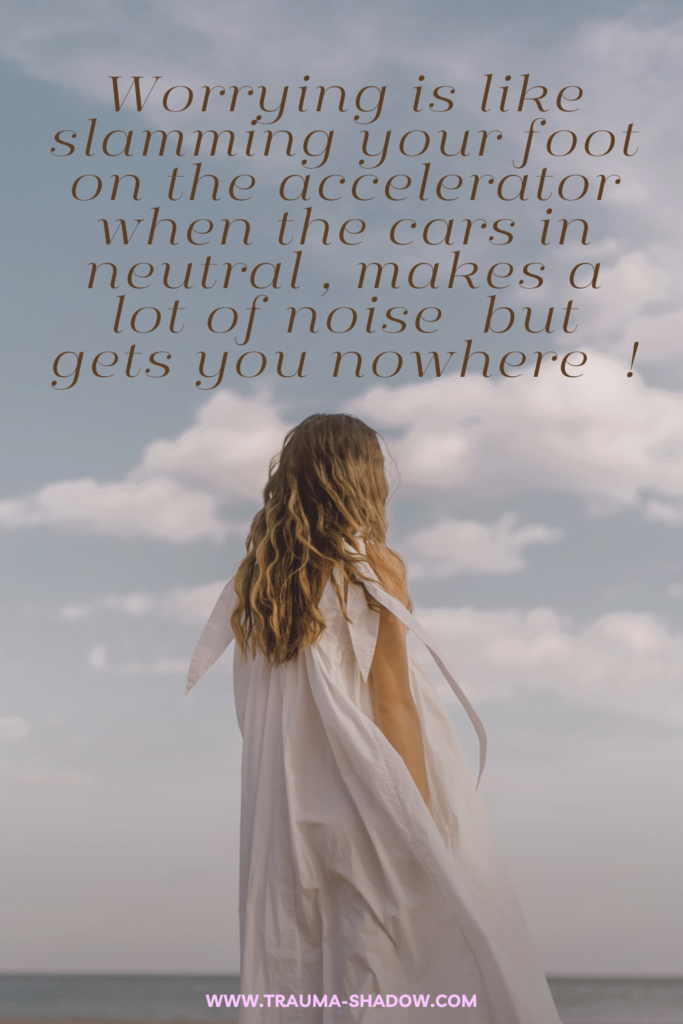
Brewer tells us the solution , but it’s hard …it always is right? , The solution is to try not to worry ( if only ), do not reward your anxious thoughts with worry , your rewarding them , so stop . Try to be curious instead, Brewer says our brains see something different ( mine anyway ) and say ” Hey thats different , is there danger out there?”. This he says is why new things seem scary ( I can relate to that ).
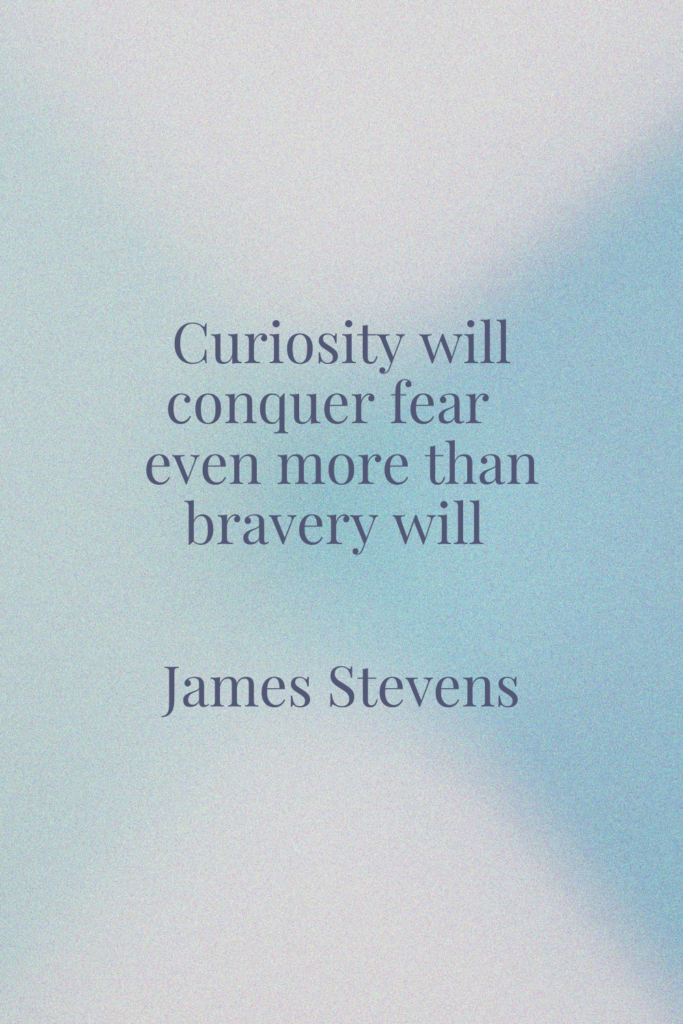
Curiosity v Anxiety
What on earth is the difference then ? Well it turns out that the curious brain is fearless and creatively focused . The anxious brain is focused inwardly on ourselves and our performance . The anxious brain endlessly obsesses about decisions , some of which have already been made. It has a compulsive need to be right and is defensive, the fear of failure kills creativity and risk taking . We can tell when our brain is being curious , it’s excited , it’s planning , brainstorming , we ask a lot of questions( I/O coaching ). Curiosity is the desire to take in new knowledge and experiences ( Spielberger ,Reheiser 2009).
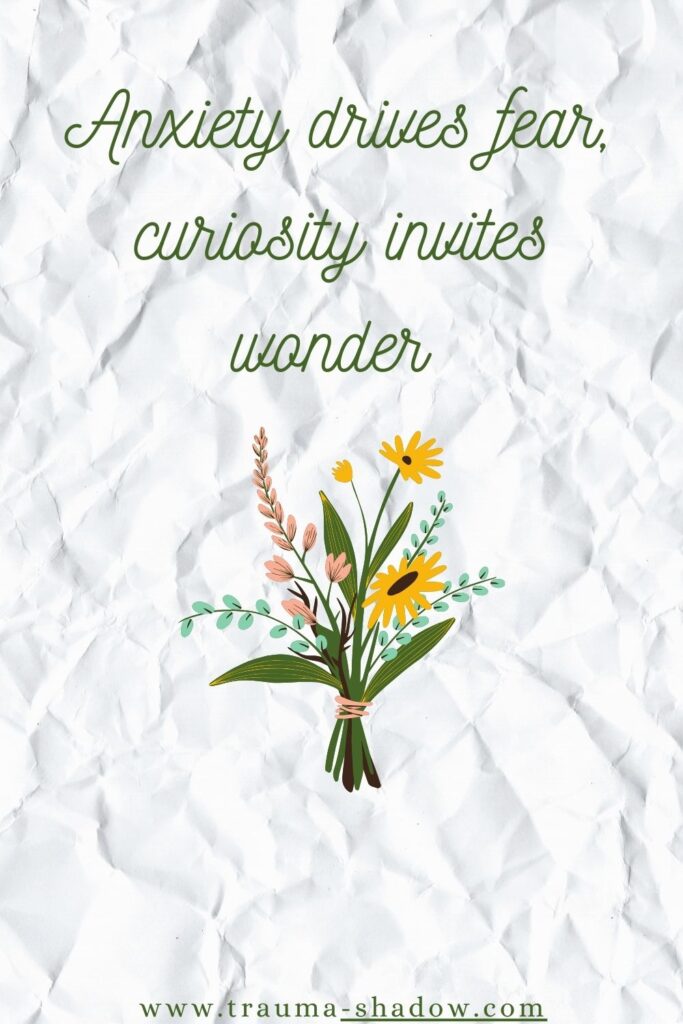
Curiosity rewards the brain in a more healthy way and activates the same areas as if we have accomplished a goal.
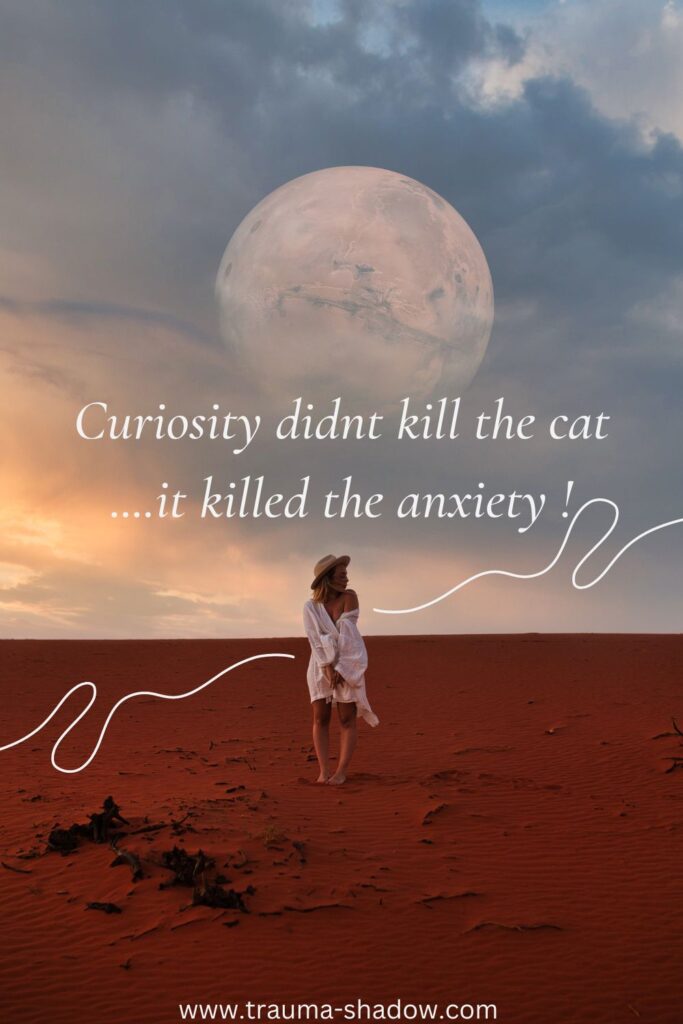
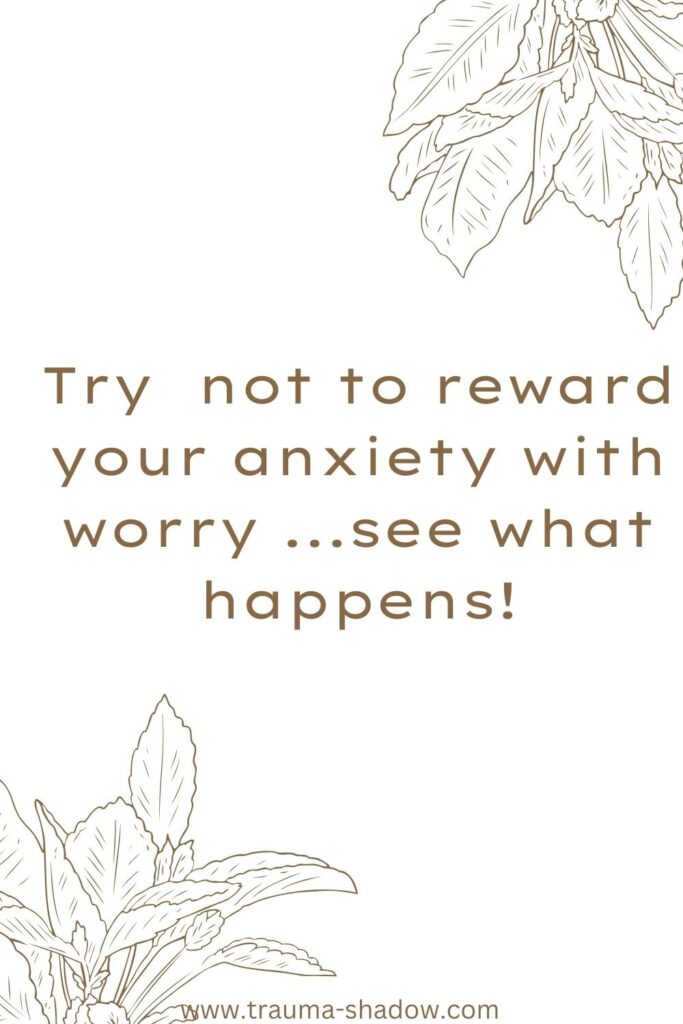
Brewer says the first step to getting rid of the anxiety and worry is to be aware that it’s happening. Then ( I know it’s not easy ), but try to ask what am I gaining from this behaviour , from this worrying? If we can point out to our brains that it doesn’t help us solve problems it just makes us more anxious. We need to become disenchanted with worry , we need to realise it doesn’t work . Brewer is right when he says that” just telling my patients not to worry , doesn’t work” , we must teach ourselves that worrying just doesn’t work.
He also points out , and this is key , but hard to get your head around if you’re like me, and that is triggers don’t drive habits. Rather, Its that we associate rewarding behaviours with worry and anxiety . If we get no reward out of that behaviour we will stop doing it and break the habit. He used this idea in in his app, he calls it the unwinding anxiety app ( I will try to find out the details ) and he has managed to get a 67% reduction in anxiety in people with generalised anxiety disorder.
The training on the app Brewer tells Harvard Business Review , is the three step process mentioned above , notice it , ask what am I getting out of this and then bring in what he calls the bigger better offer ….curiosity, and in time curiosity will become more rewarding and will get us out of the habit loop. It keeps us centred and present.
Im still a bit confused , are you? its like learning math at school , I always got it in the classroom but then when I got home I couldn’t remember the steps and got lost doing it . Well Brewer gives us an example , imagine you’re at work , BING! pops an email from the big boss . You suddenly notice thoughts popping up , what does she want ? What have I done wrong ? am I getting fired ?………… Immediately start to wonder where you feel the worry , the anxiety most in your body …is it to the left , the middle , your arms ? neck? down your back? ….this sounds weird …but it , according to Brewer gets us feeling curious , it also keeps us present , some might describe it as feeling grounded . But we are now not getting lost in our worry , we are just noticing ….we’re becoming curious…. Then go and open up that e mail .
I know it’s not part of this question about habit , but Brewer talked about something I have never heard of before and thats the anxiety necklace . The best predictor of our future behaviour is our past behaviour and that will inform how we view the world in this moment and probably the future too. Anxiety Brewer says is like the beads on a necklace .
Imagine that necklace , it’s your life history and it will influence your future. What’s the next bead you’re going to add ? is that going to be a bead that was created by anxiety or worry as that newly addled bead will influence your life going forward and the more we do that, the more anxiety beads were adding.. But he shows that if you can get out of the anxiety habit loop , add beads of curiosity , kindness , joy and wonder instead ,then suddenly the necklace looks very different and so too is the effect on your present and future.
I was going to look at various sources , bring them together in this post , but Jed Brewer is just so fantastic answering my question above , is it anxiety or is it habit? , that Im just going to quote him .
I promised you his details , here they are ; Dr Judson Brewer ( he likes to be called Jud )He is an addiction psychiatrist , neuroscientist and associate professor at the Brown University School of Public Health . His book is called Unwinding Anxiety and the craving Mind ( Im going to Audible to buy it straight after this ….other retailers are available !). My information came from the Podcast The Anxious Achiever session 5 episode 10 . Ive found the App ( I will be downloading this right now , Ill let you know as an update to this post in a few weeks ) the app is on iOS , probably Android as well and its called Unwinding Anxiety , it has a 4.8 rating ….its expensive £26.99 for a month or £189.99 for a year ( I’m not an affiliate, I’m not getting paid ! ) I’ll pay for a month and let you know ………..unless you want to and let me know?.
So to sum up , yes , anxiety can be as a result of a habit , its a habit that we might be able to break , perhaps we should give it a go?
Thank you for spending time on my site ….I must apologise , I was hacked a few days ago and there were pages about getting Russian wives ! Ive deleted them and updated my security , if you see something I haven’t found , please let me know ! I hope Ive found you in a good place , remember you are not alone…..see you soon .
Only 1 hour later and Im posting an update … Ive found that you can get the first 4 modules of the app free by going to unwinding anxiety.com and signing up , they don’t take any payment details so it appears to be a free offer . Ill have a go and update again when Ive done them …….


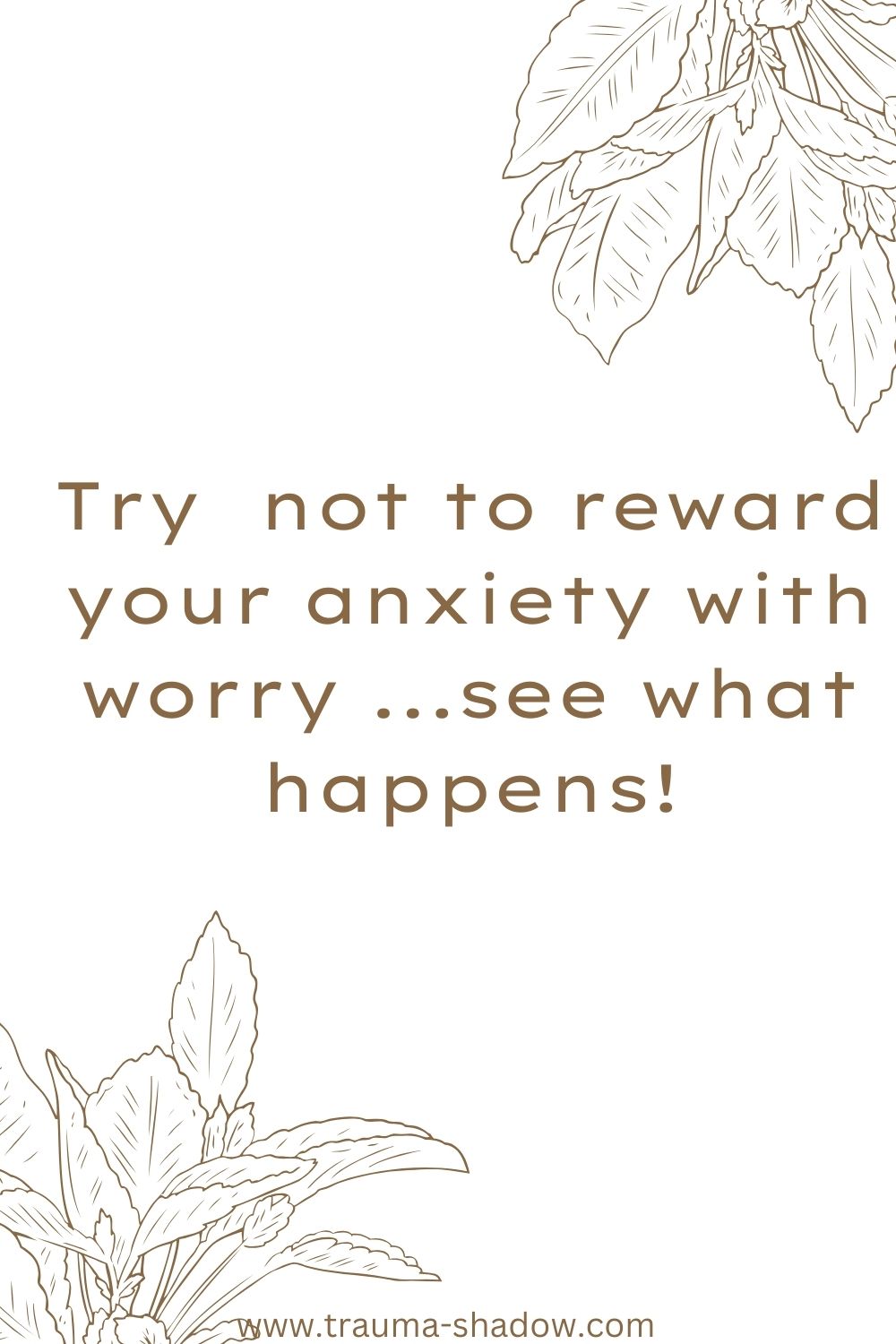
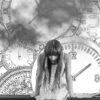
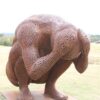


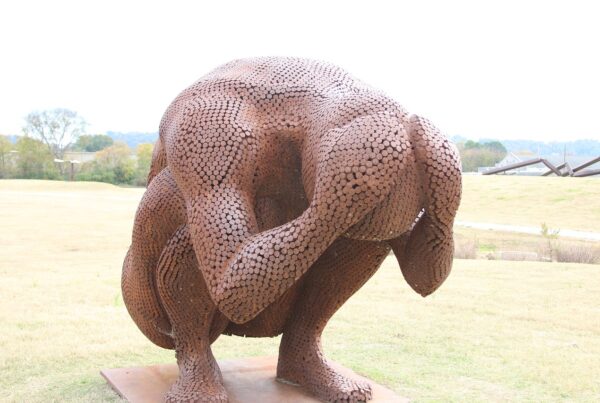

Fantastic beat I would like to apprentice while you amend your web site how could i subscribe for a blog site The account helped me a acceptable deal I had been a little bit acquainted of this your broadcast offered bright clear concept
Ive read several just right stuff here Certainly price bookmarking for revisiting I wonder how a lot effort you place to create this kind of great informative website